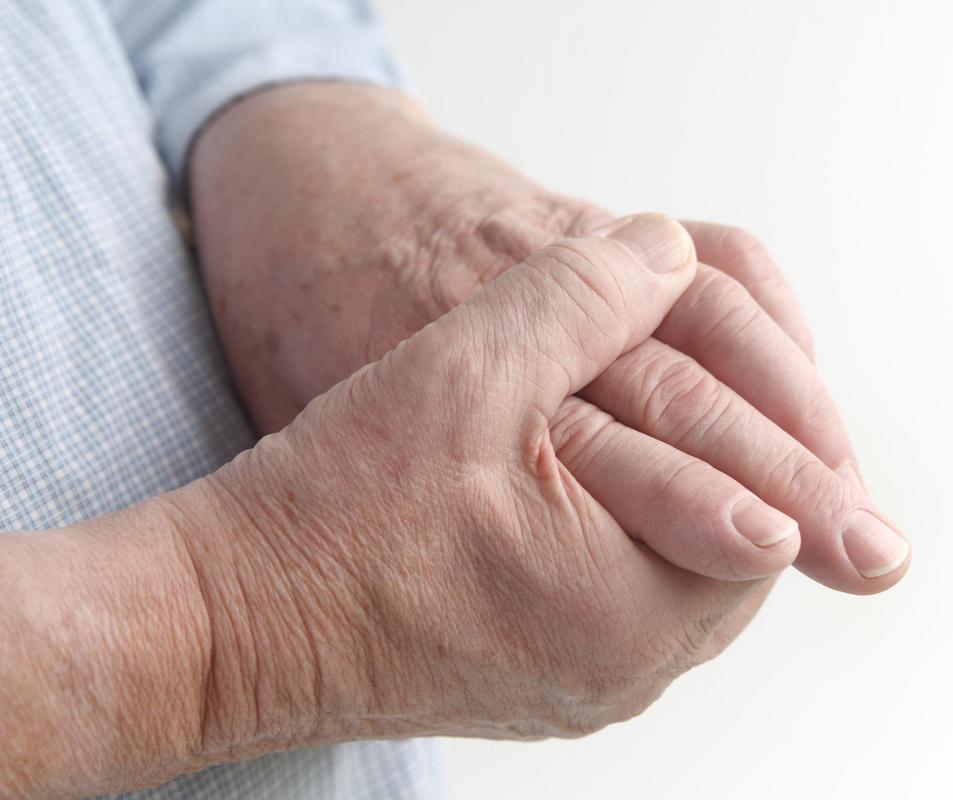What Cause Swollen Fingers
Swollen fingers can be a troublesome problem that can affect anyone at any time. It is a condition where the fingers start to swell, making it difficult to move them around. Swollen fingers can be a sign of an underlying condition and should not be ignored. In this article, we will take a deep dive into what causes swollen fingers, its symptoms, and treatments.
What causes swollen fingers?
In most cases, swollen fingers are caused by an injury to the hand or fingers. However, there are several other causes that can lead to this issue. Here are some of the common causes of swollen fingers:
1. Arthritis: This condition causes inflammation of the joints, leading to pain and stiffness. It can also cause swelling and redness in the fingers.

2. Infection: Infections caused by bacteria or viruses can result in swollen fingers. It can also cause pain, redness, and warmth in the affected area.
3. Pregnancy: Women who are pregnant might experience swelling in their fingers during the later stages of pregnancy. This is due to fluid retention in the body caused by hormonal changes.
4. Raynaud's Disease: This is a condition where the arteries in the fingers constrict, leading to a decrease in blood flow. This can cause the fingers to turn white or blue, followed by swelling and pain.
Symptoms of Swollen Fingers
The symptoms of swollen fingers vary depending on the underlying cause. Here are some of the common signs and symptoms to look out for:
1. Swelling in the fingers
2. Stiffness and pain
3. Redness in the affected area
4. Warmth in the affected area
5. Numbness or tingling sensation
6. Limited movement
Treatment for Swollen Fingers
The treatment for swollen fingers depends on the underlying cause. Here are some of the treatment options available:
1. RICE Method: This stands for Rest, Ice, Compression, and Elevation. It involves resting the affected area, applying ice, using a compression bandage, and elevating the fingers above the heart level.
2. Medications: Over-the-counter pain relievers like ibuprofen and acetaminophen can help reduce swelling and pain. Prescription medication like corticosteroids may be prescribed by your doctor to reduce inflammation.
3. Surgery: Surgery is generally recommended for severe cases where there is significant damage to the joints and tissues. Joint replacement surgery may be done in cases of severe arthritis.
Prevention
Preventing swollen fingers can be done by following these simple steps:
1. Exercise regularly to keep your joints healthy and flexible.
2. Avoid repetitive movements that can cause strain on the fingers
3. Wear protective gear when engaging in activities that can cause harm to your hands.
4. Maintain a healthy weight to reduce the strain on your joints.
By following these prevention tips and consulting with your doctor when needed, you can lower your risk of developing swollen fingers.
Conclusion
Swollen fingers can be an uncomfortable and painful condition that can affect anyone. It is important to identify the underlying cause and seek appropriate treatment. By taking measures to prevent it, you can keep your fingers healthy and free from swelling. Remember to take care of your body and listen to it when it is in pain.